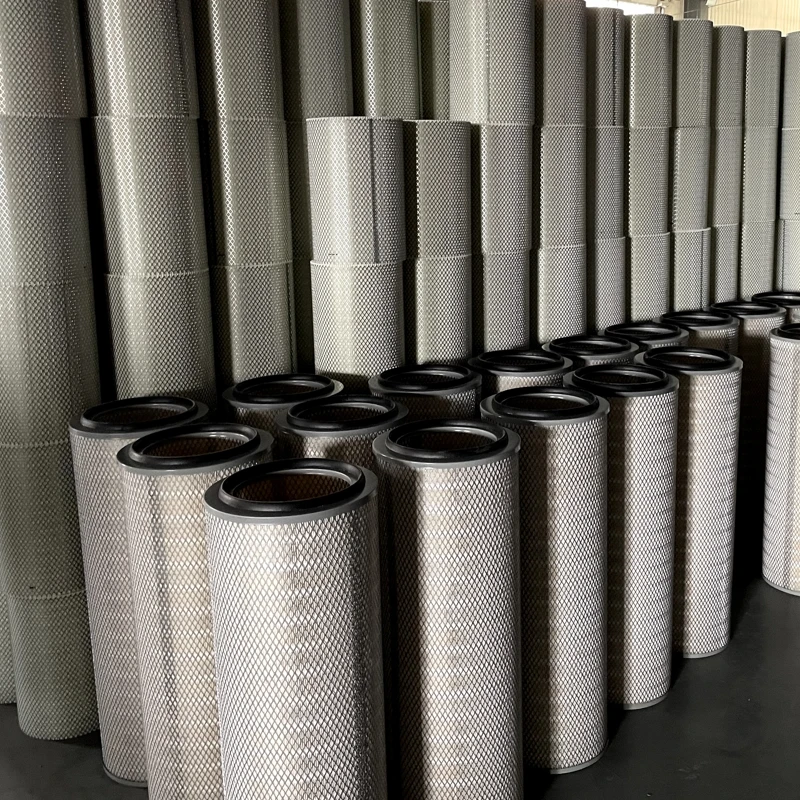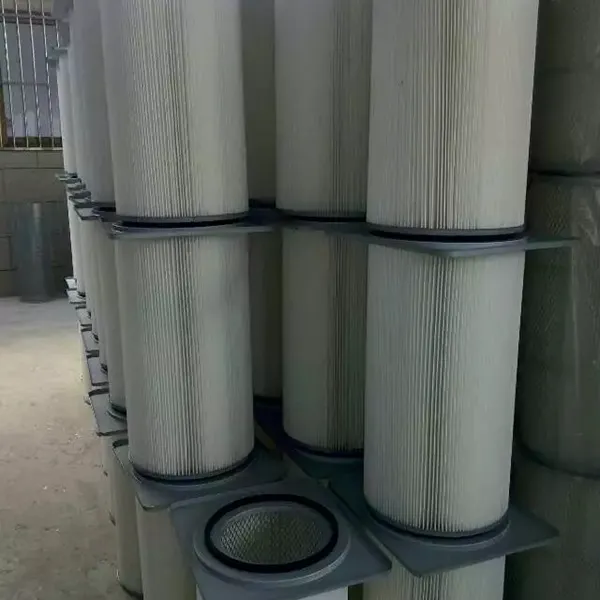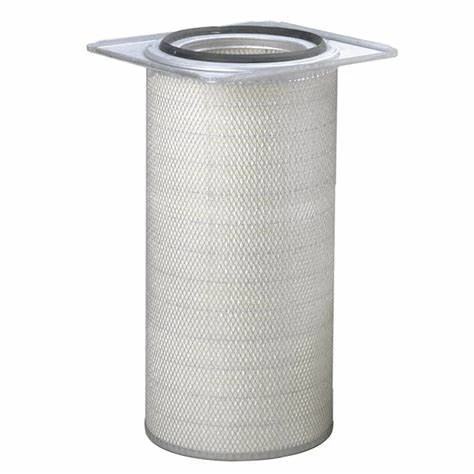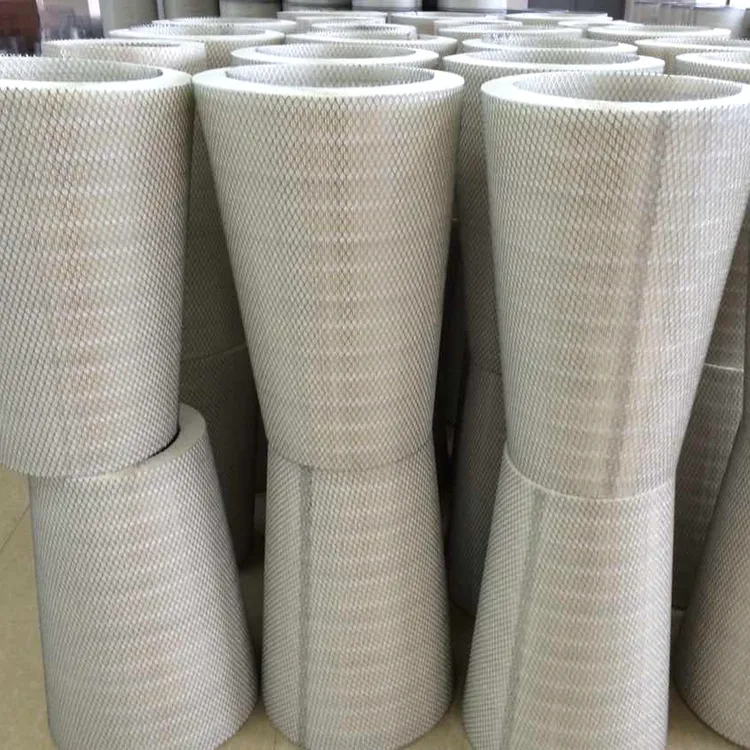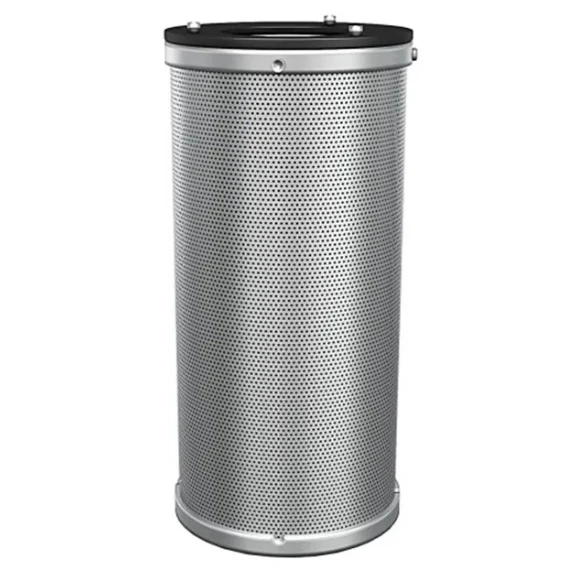 Tel:
+8618931101301
Tel:
+8618931101301
дец . 12, 2024 01:45 Back to list
gas turbine filter
The Importance of Gas Turbine Filters Ensuring Optimal Performance and Longevity
Gas turbines are a crucial component in various industries, particularly in power generation, aviation, and marine propulsion. Their efficiency and reliability heavily depend on several factors, among which the quality of the air entering the turbine is paramount. This is where gas turbine filters play a vital role. In this article, we will explore the significance of gas turbine filters, the types available, and their impact on performance and maintenance.
Understanding Gas Turbine Filters
Gas turbine filters are specialized components designed to remove contaminants from the air that enters the turbine system. Contaminants such as dust, dirt, and other particulate matter can severely affect the efficiency and lifespan of the turbine. By filtering out these impurities, gas turbine filters help to maintain optimal performance and reduce wear and tear on turbine components.
The Role of Gas Turbine Filters
1. Enhancing Efficiency Clean air is essential for the effective combustion of fuel within the turbine. When the air contains fewer contaminants, the combustion process is more efficient, resulting in improved energy output. Dirty air can lead to incomplete combustion, which not only decreases efficiency but also increases harmful emissions.
2. Preventing Damage Contamination can cause significant damage to turbine blades and other critical components. Fine particles can erode blade surfaces, leading to a reduction in aerodynamic efficiency. Over time, this erosion can result in costly repairs and prolonged downtime. Gas turbine filters mitigate this risk by capturing harmful particles before they can cause damage.
3. Extending Maintenance Intervals Regular maintenance of gas turbines is essential for their longevity. By utilizing high-quality filters, operators can reduce the frequency of maintenance interventions. Clean filters allow for longer intervals between inspections and cleaning, thereby lowering operational costs and enhancing reliability.
Types of Gas Turbine Filters
gas turbine filter

There are several types of filters used in gas turbine systems, each designed for specific applications and levels of filtration
1. Air Intake Filters These are typically the first line of defense against contaminants. They are designed to capture large particles (such as dust and debris) before air enters the turbine.
2. Fine Filters Positioned downstream from the air intake filters, fine filters remove smaller particles, ensuring that the air is as clean as possible before it reaches the combustion chamber.
3. High-Efficiency Particulate Air (HEPA) Filters In environments with extreme contamination levels, HEPA filters offer an additional layer of protection. They can capture particles as small as 0.3 microns with an efficiency of 99.97%.
4. Mist Eliminators In humid conditions, moisture can also pose a threat to turbine performance. Mist eliminators help to remove water droplets from the air stream, preventing corrosion and damage to turbine components.
Selecting the Right Filter
Choosing the appropriate filter for a gas turbine system is critical to ensuring optimal performance. Factors such as the operating environment, the specific contaminants present, and the turbine's design will dictate the type and efficiency of the filter required. Regular monitoring and maintenance of filters are essential to maintaining their effectiveness.
Conclusion
Gas turbine filters are a fundamental component of turbine systems, playing a crucial role in enhancing efficiency, preventing damage, and extending maintenance intervals. As industries continue to demand higher performance and reliability from their gas turbines, the importance of effective filtration cannot be overstated. By investing in high-quality filters and adhering to maintenance schedules, operators can ensure that their gas turbine systems remain productive and cost-effective for years to come. In an era where efficiency and sustainability are paramount, gas turbine filters stand out as an indispensable element in the quest for cleaner and more efficient energy generation.
-
When should the dust filter be replaced?NewsApr.30,2025
-
How to choose a special dust filter?NewsApr.29,2025
-
Industrial air filters: How to deal with high dust environments?NewsApr.28,2025
-
From coconut shell to coal: performance differences of activated carbon filter elementsNewsApr.24,2025
-
Air filter survival guide in high-dust environmentsNewsApr.23,2025
-
How do air filters cope with high-concentration dust environments?NewsApr.21,2025

 Email:
Email:
